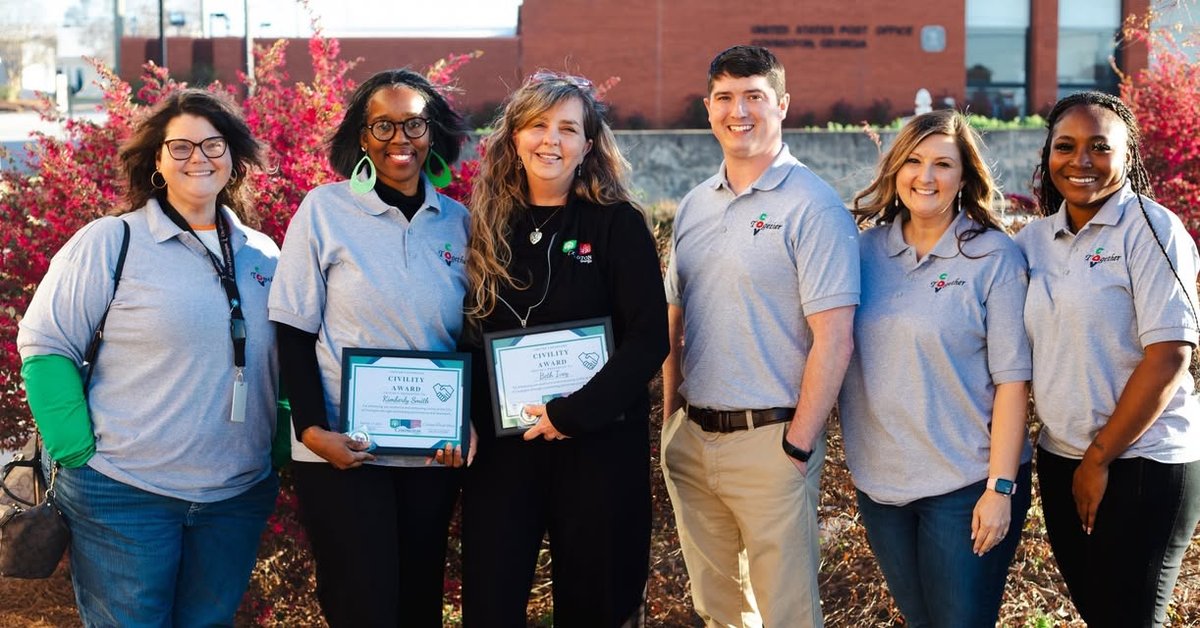In the first reading of proposed impact fees, members of the Covington city council set impact fees for incoming developers at 35 percent.
The motion initially set by council on Nov. 20 was to set impact fees at 100 percent, which would have made the city of Covington’s impact fees among the highest in the state of Georgia.
Council opted to vote ‘no’ in a 4-3 vote, with mayor Steve Horton breaking the tie.
The reasoning behind the vote was to allow more council discussion and public input.
Among those providing public input was Billy Fortson who said he supported impact fees, but not to the extent at which council proposed.
“The group that I kind of represent, we support impact fees,” Forston said. “All we are asking is that they be reasonable and they be competitive. I think the current schedule that you have proposed in your ordinance does not meet the reasonable nor competitive standing.”
President of the Newton Chamber of Commerce Debbie Harper said that impact fees at the highest rate possible would discourage businesses from wanting to expand in Covington.
“Today we had the grand opening for the Chick-Fil-A over at Covington Town Center, and [had] some discussion with the owner there,” Harper said. “At these [the highest] rates would not have been able to reinvest in our community, and Chick-Fil-A has been a long standing supporter in our community. [We] just ask that you would consider that much lower rate than what was proposed.”
Council discussion began with councilman Don Floyd stating that the proposed impact fees were too high and that the “maximum fees is just not where we [the city] need to go.”
Councilwoman Susie Keck stated she was all for the maximum impact fees allowed under Georgia law, but has changed her stance slightly since the last meeting. She suggested that fees be nullified for certain categories such as restaurants, retail, entertainment and grocery stores.
City attorney Frank Turner Jr. said that this would not be allowed under state law to set individual impact fees by contributors. However, planning director Judy Johnson stated that Newton County had done so for non-residential in 2017, but was not sure of the legalities behind it.
Johnson also stated that the last time impact fees were adopted for the county was in 2005, and that they were currently going through a re-assessment.
A flat rate assessment was then suggested by councilman Kenneth Morgan, who joined the meeting via Zoom.
“With the way it is [the proposed impact fees] structured right now, we are not going to have development in our community,” Morgan said. “If we can come to a place where we can decide things could be done on a flat rate more so than square footage, I think it will better represent the community.”
Mayor pro-tem Anthony Henderson shared the same sentiment as other council members as far as having impact fees, but wanted the city to ultimately resemble what the county was doing with theirs, despite the county’s ordinance being set in 2005.
Councilwoman Fleeta Baggett provided her own insight on the matter.
“The flat rate won’t work because if you’ve got somebody that’s gonna put in a two pump gas station and you’ve got somebody that’s putting in a BP station, that’s not apples to apples,” Baggett said. “I think we all said we wanted the high [impact fees] because we felt like we needed to get the impact fees. I don’t think what anyone realized was when we all said high, how high that was.”
Baggett then made the suggestion to set the impact fees at 50 percent and work from there.
Horton pointed out that with times changing and inflation on the rise, that numbers from Newton County and other municipalities like Walton County are not comparable. Horton said that people have to take into consideration what the city has to offer in terms of utilities and other services when looking at impact fees.
“The volume of impact in Covington is greater than volume impact out in a rural county,” Horton said. “People are gonna come where they got utilities, they’re gonna come where they got water and sewer… and that brings that mass load into the city as far as the traffic impact.”
Deliberation about impact fees continued for around 15 more minutes with council members discussing their aforementioned stances before Baggett gave her stance of what she felt the best percentage would be for impact fees that is fair for both citizens and developers.
“I think it’s just important that people don’t feel like they’re being gouged… but I also feel like that's important that we be fair to the city and that the city have [sic] what we need,” Baggett said. “We cannot put the burden of this on the people that are already here and that’s what we’ve been doing. We’ve got to hit that number, and I think that number might be 35 [percent].”
After a brief discussion, a motion was made by Keck to adopt the 35 percent impact fees with Henderson seconding in a 4-1 vote, with Morgan opposing. Councilwoman Charika Davis was absent from the meeting.
Horton reminded everyone that this was just the first reading and that a second reading and subsequent discussion would need to be done before the fees went into effect. He also thanked everyone for participating in the meeting.
“Government works when people talk and communicate,” Horton said. “It’s not perfect, but it’s our government, and I think it’s always better when people show up and make a voice known.”
The council will look to formulate a final percentage following second reading for the impact fee ordinance. The meeting will take place Dec. 11 at 6:30 P.M. in the normal place of 2116 Stallings St.









